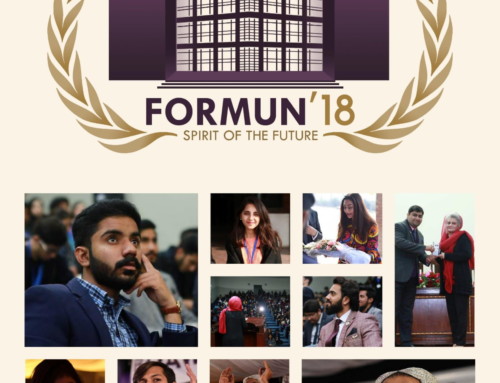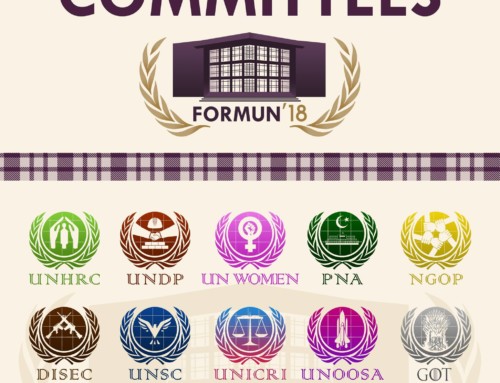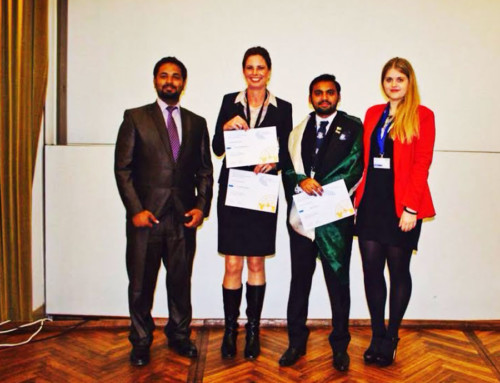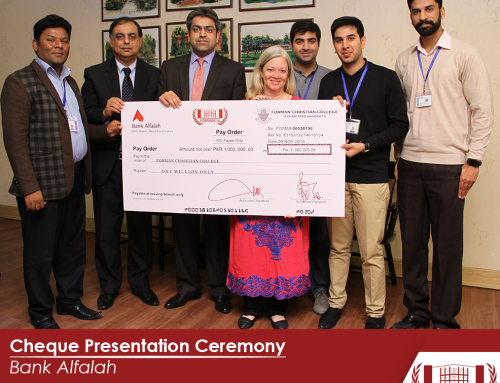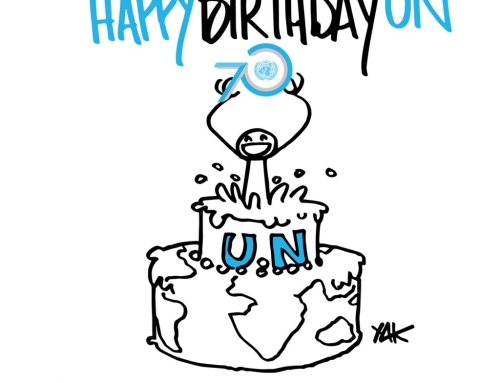Recently Forman Christian (FC) College and Government College Lahore (now GCU) celebrated their 150th anniversaries. Both the institutions, along with King Edward Medical College, were the first ones to be established by the British in order to introduce Western modes of learning in the province and beyond.
For over a century, GCU excelled leaving FC College behind in terms of the excellence of its student body, academic environment and faculty. After FC College was nationalised in 1972, its academic standard deteriorated considerably with GC still holding its ground as the top institution. Anyone who could not make it to GC, opted for FC. Ravians — a term for current students and alumni of GC — looked down upon Formanites (students and alumni of FC College) with a touch of superiority. But now the joke is turned on them as FC College has made remarkable progress in the last decade while GCU’s standard has plummeted quite tangibly during the same period.
FC College was given back to the Presbyterian Church by General Pervez Musharraf who was a Formanite himself. In fact, the October 1999 coup was pretty much a FC College takeover of power and deposing of GCU. Not only Musharraf but the famous Chaudhry brothers (Pervez Ilahi and Shujaat Husain) — who became his key political allies — were also Formanites, while the Sharifs who were ousted from power were Ravians.
FC College, under official support, started a cleanup operation. Academic staff, which had become a liability, was transferred to different government colleges. New staff was hired and buildings were refurbished and in many cases constructed afresh. FC College has now new hostels and state of the art academic blocks — all of which came up in the course of last few years. After LUMS, FC College probably has the largest number of foreign qualified academics in various departments.
GCU, on the other hand, presents a dismal picture. In the early 1990s, Nawaz Sharif and Shahbaz Sharif took personal interest in GCU’s affairs. They extended full support to its principal, Professor Dr Khalid Aftab, in his endeavours to get the campus and the hostel cleared of rogue elements. But while ‘discipline’ was enforced on campus, little headway was made in academic affairs.
The situation has become even more pathetic in the last four years. The humanities and social sciences have suffered the most. There is a dearth of senior ranking professors. A cursory glance over departmental profiles available on GCU’s website reveals that there are just three full professors and three associate professors in the humanities and social sciences departments. These three full professors are from Urdu, Persian and Islamic Studies.
Except for Economics, no other department has a head of department who is foreign qualified. In the case of Statistics and English, the heads of the departments hold a simple MA/MPhil degree from a local university while foreign qualified PhDs are either serving as lecturers or assistant professors. The overwhelming majority of faculty in these departments is lecturers with local MA/MPhil degrees.
The reasons for GCU reaching such a dismal state are several. The current administration seems to have no vision whatsoever to foster or promote academic research. It still draws consolation by nursing the much hackneyed illusion that GCU is the most prestigious institution of Pakistan which has produced luminaries such as Allama Iqbal, Faiz Ahmad Faiz and Dr Abdus Salam among many others.
The laurels of the past seem to be their only asset. They consider it a great honour to study or teach in such a university with a golden past. This hardly holds water any longer.
GCU has lost top space to other private institutions which emerged on the academic landscape of Pakistan. But this fact is lost upon the GCU administration. GCU’s major source of strength used to be intermediate students — especially in the pre-Engineering and pre-Medical groups. But now that O- and A-levels have largely replaced the intermediate system, the bulk of good students do not come to GCU for the intermediate level. After A-levels, they get straight to such institutions as LUMS, FAST, NUST, UET and AKU for professional degrees. So even though GCU students have continued to secure top positions in the intermediate exams, its significance has largely been diluted.
Good academics cannot be lured simply on the basis of prestige; they have to be offered a competitive salary package and reasonable working hours. At the moment, a lecturer/assistant professor at GCU has to teach three to four classes in a single day.
In addition, they have to do petty administrative stuff such as invigilation duties for examination. This cumbersome routine is exhausting and frustrating as it leaves hardly any time or energy for the academics to pursue their research interests.
The current administration takes a lot of pride for having doubled the number of students enrolled at GCU over the past four years. Other than the fact that there is nothing really remarkable about this ‘achievement’, it also ignores the workload for teachers and the student-teacher ratio which has increased substantially.
Apart from lack of monetary incentive, the attitude of current administration towards hiring of qualified academics is questionable. I am personally aware of the cases of some brilliant young academics who rejoined GCU after finishing their PhDs from abroad. Even though they had PhDs, they continued to work as lecturers and were not promoted to the rank of assistant professorship. Also, they were not even provided with adequate work space where they could do their research activities.
Such attitude is in stark contrast to other private or autonomous public sector universities which are eagerly hunting for foreign qualified academics. At the expense of being repetitive, I would again cite the example of FC College which has shown considerable initiative in attracting academics from abroad and within Pakistan as well.
The best way to illustrate the difference in approach between GCU and FC College in present times is through the official histories sponsored by these two institutions on the occasion of their 150th anniversary. FC College commissioned Dr. Yaqoob Khan Bangash — a bright, young historian from Oxford University and one of its faculty members — for this task. Although he was required to produce more of a coffee table book on the history of FC College accessible to general readership, Dr Bangash added an academic flavour to it by exploring various local and international archives.
GCU, on the other hand, hired a retired professor from the Persian department. Dr Zaheer Ahmad Siddiqi is a national distinguished professor and an excellent scholar of Persian but not a trained historian. His published account of GCU history relies exclusively on published secondary sources. This is despite the fact that he has, in his own book, given a description of old record of GCU which has been retrieved from college building and comprises of more than 4000 files.
This book, officially sponsored and published by GCU, has got pictures of Nawaz Sharif, Shahbaz Sharif and Raheel Sharif. Not a single academic luminary figures in that book which, of course, is a sad reflection on that endeavour having gone awry.
There cannot be perhaps a better way to describe the mindset and priorities of the current administration of GCU and the current political scenario of Pakistan.
Note: The writer is a former Ravian.
Source: GCU: A case of lost prestige | TNS – The News on Sunday
Writer: Ali Usman Qasmi

